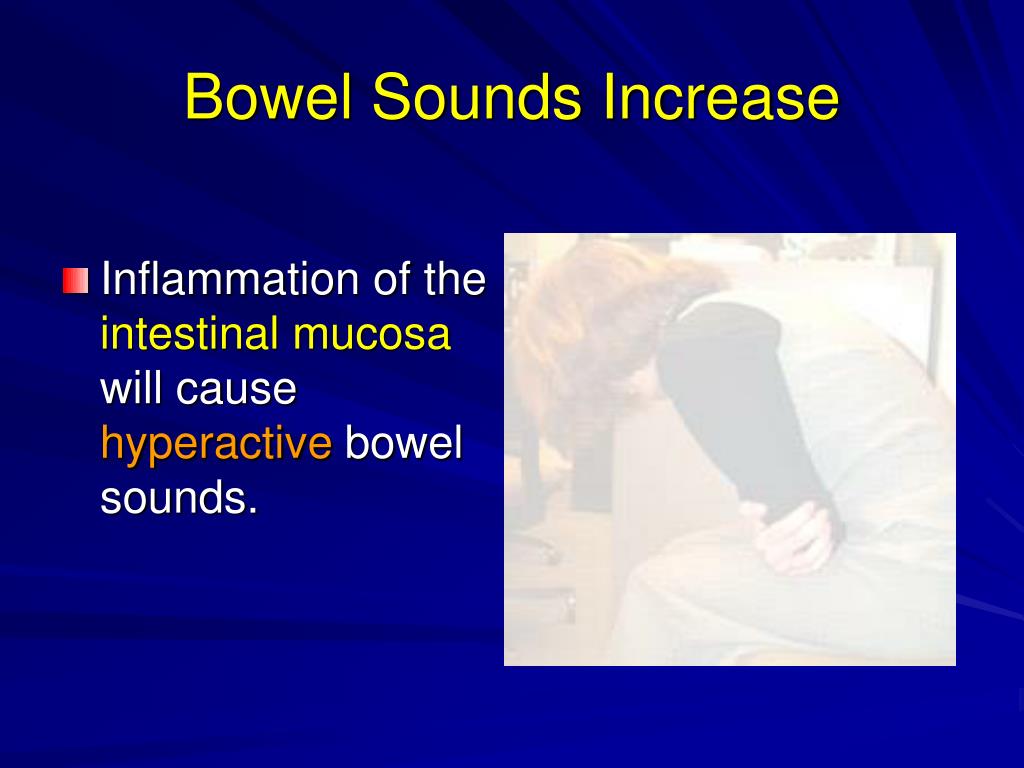

Increased stomach noises can simply be the result of increased gas. They may reduce the absorption of nutrients and/or produce gas on their own as they colonize the GI tract. coli, or giardia) can all play a role in increased dog stomach noises. Parasites and bacterial infections (like coccidia, salmonella, E. Underlying gastrointestinal disorders or syndromes like inflammatory bowel disease (IBD), caused by chronic irritation of the intestinal tracts, or exocrine pancreatic insufficiency (EPI), where digestive enzymes are lacking, may lead to increased stomach noises, along with other gastrointestinal problems. This can lead to more audible noises, and it’s a very serious condition that should be addressed immediately. These things can get stuck in their stomach or intestines, causing an increase in gas as their body attempts to dilate the region to move the object forward. Sometimes dogs will eat things that are not digestible food items (e.g., socks, bones, and corn cobs are common offenders).

In the vet world, this is commonly referred to as a foreign body. Bowel ObstructionĪ bowel obstruction can lead to lots of stomach noises.

When a dog sneaks into the garbage or gets an unusual treat that doesn’t agree with them, they may have difficulty with digestion that leads to more stomach noises. Eating Something Bad or Differentĭietary indiscretions are another common cause of increased stomach noises. Dogs may have lots of stomach noise right before they experience a bout of diarrhea. While some of these problems are self-limiting and may go away on their own, others can be potentially serious, such as: Diarrheaĭiarrhea may cause an increase in stomach noises as food and water move more rapidly through the digestive tract. What Does It Mean When a Dog’s Stomach Is Making a Lot of Noise?Īlthough stomach noises usually mean the stomach and intestines are doing their job of moving food and drink through the digestive tract, there are several factors that can lead to increased or abnormal stomach noises in dogs. While stomach noises can be very normal, a dog’s stomach may make more noise when it’s upset or experiencing a gastrointestinal disturbance. That’s why we often hear our dogs' stomachs grumblings more when it’s been a while since they’ve eaten. Imagine water moving through a hollow pipe. When the stomach and intestines are empty, there is nothing to muffle the sound. You might hear your dog’s stomach noises immediately after they’ve eaten. This peristaltic movement can result in normal stomach noises. Peristalsis occurs when these muscles contract in rhythmic waves to move food through the GI tract. Each of these organs contain smooth muscle to aid in moving food and water through the body. The gastrointestinal (GI) tract includes the stomach, small intestines, and large intestines. Stomach noises, also called borborygmi, are the result of food and water moving through the digestive tract in a process called peristalsis. While stomach grumbling and rumbling can be noisy, it’s often a normal part of digestion. Is It Normal for a Dog’s Stomach to Make Noises? So how do you know if dog stomach noises are signs of a problem? Here’s what the noises could mean and when to seek veterinary help. Other times, they make a lot of noise because of indigestion or an upset stomach. Occasionally, the rumbling means they’ve just had a big meal and their stomach is working hard to digest all that food. Often, it simply means your dog is hungry and their stomach is empty. Whether it’s growling, rumbling, or gurgling, a noisy dog stomach can mean a number of things. Dogs’ stomachs make noises just like ours.


 0 kommentar(er)
0 kommentar(er)
